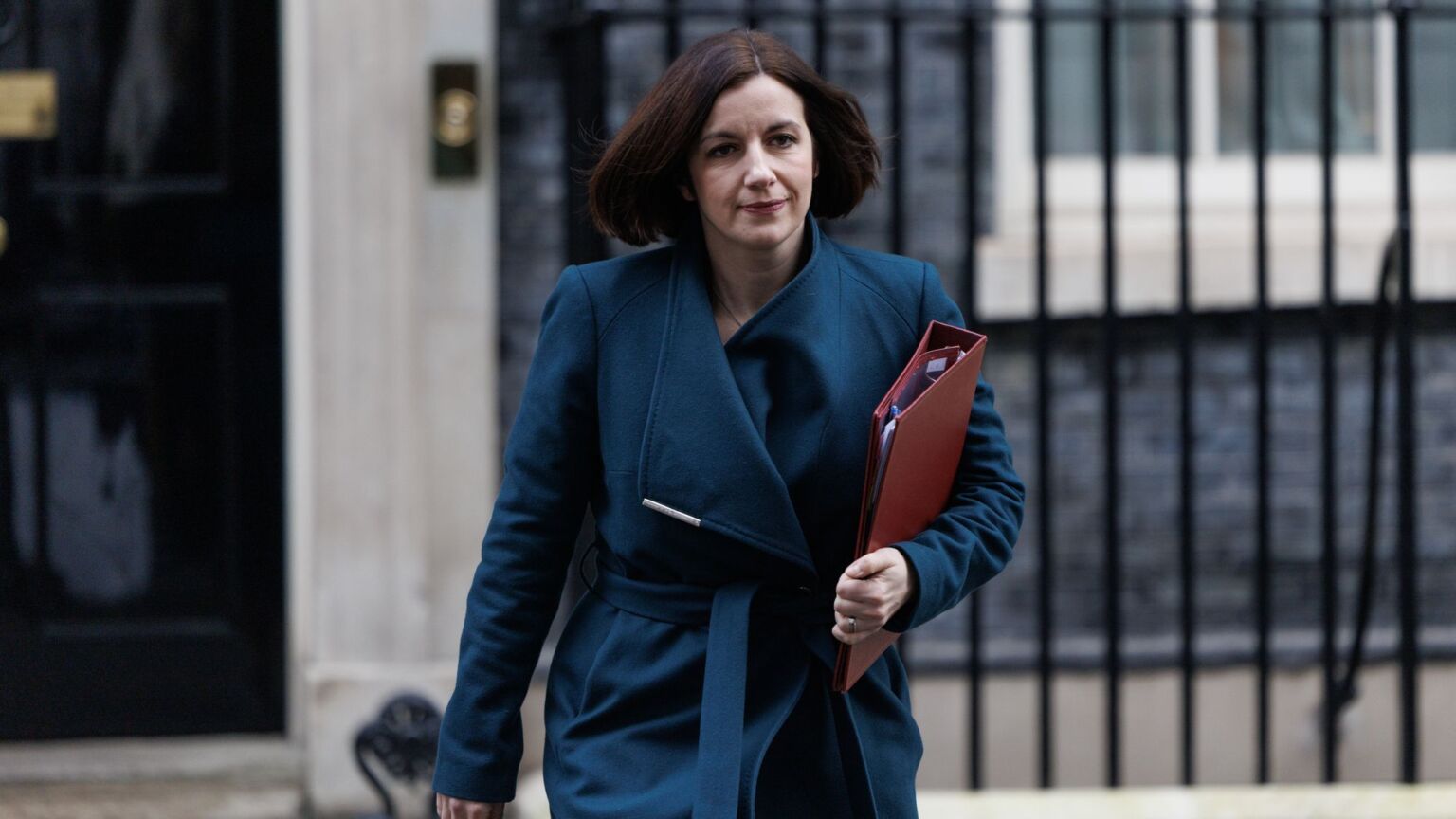Feeling down is not a mental illness
Labour is finally having to admit that the ‘mental health’ obsession is damaging to kids.

Want unlimited, ad-free access? Become a spiked supporter.
The UK government has decided to issue new guidance to schools, telling teachers to reassure children that ‘worrying and feeling down’ are not mental-health disorders.
The new guidance from education secretary Bridget Phillipson, announced last weekend, marks a sharp break with the therapeutic ethos that has dominated schools for decades. But her move is also a case of shutting the stable door after the horse has bolted. For over three decades, successive governments, hand in glove with the teaching profession, have encouraged young people to see themselves as vulnerable by default – as mental-health patients in waiting.
According to the advocates of this therapeutic approach to education, children’s mental health is always ‘in crisis’. Alarmist claims proliferate in the media and in education circles. A 2022 report by former children’s commissioner Anne Longfield warned that the ‘mental-health emergency’ among young people had become so severe it threatens Britain’s future prosperity. It cited figures purporting to show that one in six six- to 16-year-olds has a probable mental-health condition. The demand for mental-health support has only grown since. Last year, over a million children in England were referred to mental-health specialists – a doubling of referrals since 2017.
Phillipson herself has boosted this narrative of a youth mental-health crisis. In March, a report she commissioned said that ‘intensive, high-stakes’ assessments are harming teenagers’ ‘wellbeing’. The implication is that GCSE exams should be cut back to protect pupils from stress. In other words, normal exam nerves are being treated by Phillipson’s Department for Education as a mental-health issue.
So what explains Phillipson’s sudden change of heart – from treating exam stress as a mental-health concern to calling it a normal part of childhood? Her new stance is not driven by a recognition of the moral and cultural damage caused by branding everything a mental illness. Rather, it is motivated by a desire to reduce the rising costs of the explosion in sickness benefits linked to mental health, especially among young adults.
The numbers are certainly stark. Benefits claimants citing mental-health problems are rising fastest among younger age groups, with devastating social and economic effects. Last year, work and pensions secretary Liz Kendall described ‘spiralling inactivity’ as the biggest employment challenge in a generation. A record 2.8million people are now off work due to long-term sickness – up 700,000 since Covid. The cost of sickness benefits is projected to hit £64 billion by the end of this year. A recent report by the NHS Confederation and the Boston Consulting Group claims that reversing even part of this trend could save taxpayers £19.5 billion each year by 2030, while boosting the wider economy by £62.6 billion.
It is this financial crisis that really concerns Phillipson. Yet the deeper problem here is moral, not economic. Treating schoolchildren as fragile would-be patients robs them of agency and independence. It teaches them to fixate on their internal states, and to interpret life’s ordinary difficulties through the language of psychology – a vocabulary that frames normal ups and downs as symptoms of disorder. Mental-health discourse tells them, in effect, that to feel is to be unwell.
Once children are taught to see everyday unhappiness as a ‘condition’, many will embrace that role. Having poor mental health becomes a badge of identity. The therapeutic narrative does not just describe people’s feelings – it shapes them, too.
Telling teachers to reassure pupils that worrying is normal is a baby step in the right direction. But Britain’s therapeutic culture will not be dismantled by a few lines of guidance for schools. It will take a wholesale rejection of the idea that children’s inner lives are medical problems – and a renewed commitment to treating them as capable, resilient individuals.
Frank Furedi is the executive director of the think-tank, MCC-Brussels.
£1 a month for 3 months
You’ve hit your monthly free article limit.
Support spiked and get unlimited access.
Support spiked – £1 a month for 3 months
spiked is funded by readers like you. Only 0.1% of regular readers currently support us. If just 1% did, we could grow our team and step up the fight for free speech and democracy.
Become a spiked supporter and enjoy unlimited, ad-free access, bonus content and exclusive events – while helping to keep independent journalism alive.
———————————————————————————————————————————–
Exclusive January offer: join today for £1 a month for 3 months. Then £5 a month, cancel anytime.
———————————————————————————————————————————–
Monthly support makes the biggest difference. Thank you.










Comments
Want to join the conversation?
Only spiked supporters and patrons, who donate regularly to us, can comment on our articles.